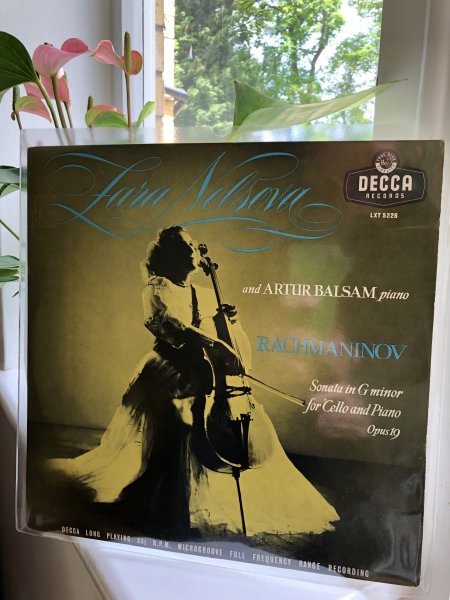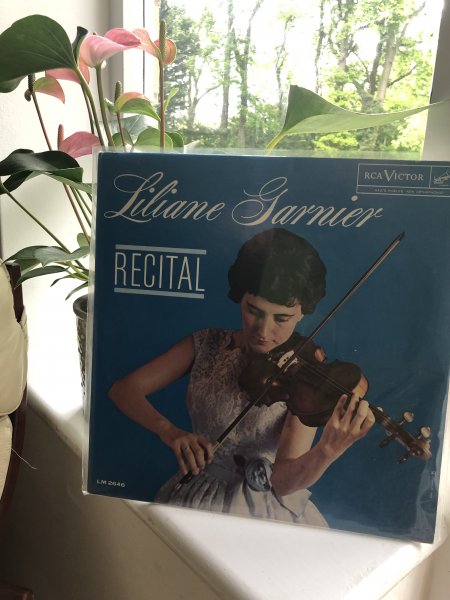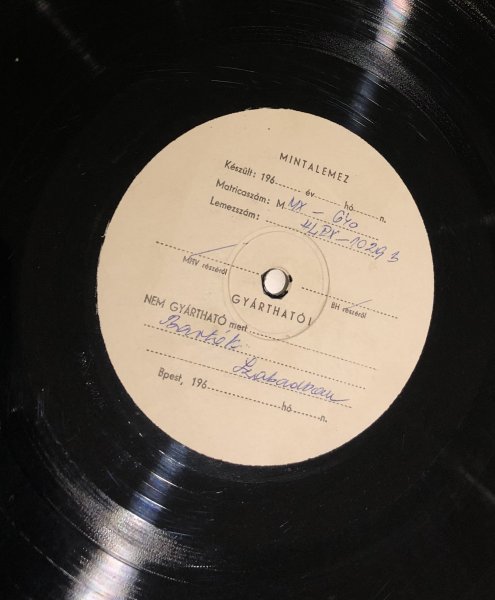I don’t feel compelled to pull apart works that I don’t resonate with generally (I usually allow natural attrition to play out) but the General’s comments on dissonance without resolve really strikes a chord (apologies). Perhaps there is some essential emptiness there.
I do find music dominated with darkness and angst to be an understandable reflection of the world facing European composers at the beginning of the 20th century. Social discord, the struggle of the revolution, a world of great dark social repression always on the very edge of war would make any artist finding a sense of lifting spiritual resolve in writing in the burden of that dark night of the soul an extraordinary challenge.
But I do listen also to less accessible, darker and more intense and even discordant music at occasional times but for whatever reason Bartok isn’t music that I am often drawn to return to now. I do find I feel boxed in by it so maybe that is exactly the outcome of the General’s dissonance without resolve.
Adopting a musical language that was atonal -- a word telling us only what the music is not -- Bartók found the freedom to compose with his own unique logic while integrating his abiding interest in Hungarian and Romanian folk music.
This is not the emperor's new clothes. 'Dissonance without resolve' is very real to our ears and intentional from Bartók’s pen.
Dare I say we who seek resolution out of dissonance are Men of the West. (Sounds like Tolkien.)
One the one hand the chords, harmonies and phrases developed over centuries of the Western musical tradition set listeners expectations for melody, completion, and release.
On the other, it does not seem like a choice we make but rather a natural need or seeking. Do you choose to like Bartók? Or do you, can you, hear 'through' tradition without it feeling like a rupture? It's hard for me.
Bartók’s modernist approach emphasizes motoric irregular rhythms, counterpoint, accents and stresses with lots of dynamic contrast. These operate inside dissonant nucleic themes that offer little sense of journey, destination or narrative.
The meaning of many of his works always seems just around the corner, just out of reach.
A final 'breathing out', an exhale never happens.
Nonetheless, for those willing to explore, many/some of B's works offer wonder, obvious genius, and a celebration of the sheer physicality of sound. Going into him I say there is no corner. I kinda put myself aside for the moment and find Bartók offers a blend of the sophisticated and the primeval. But not everyday.




